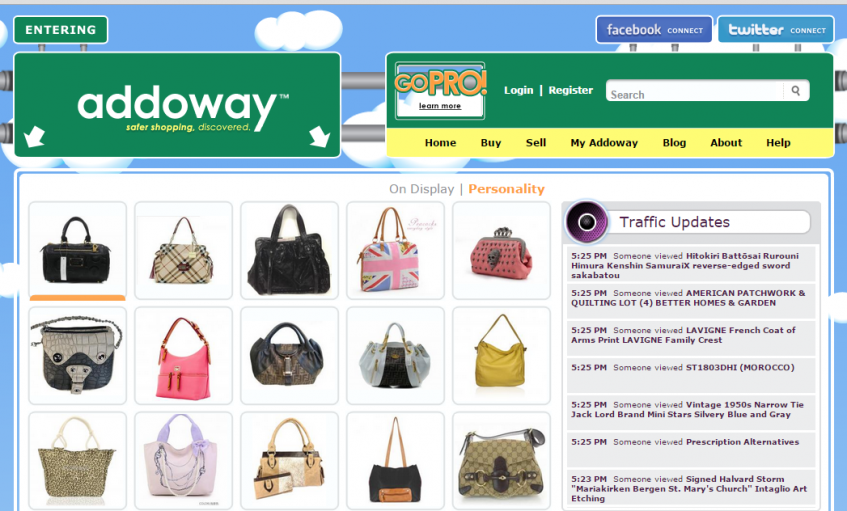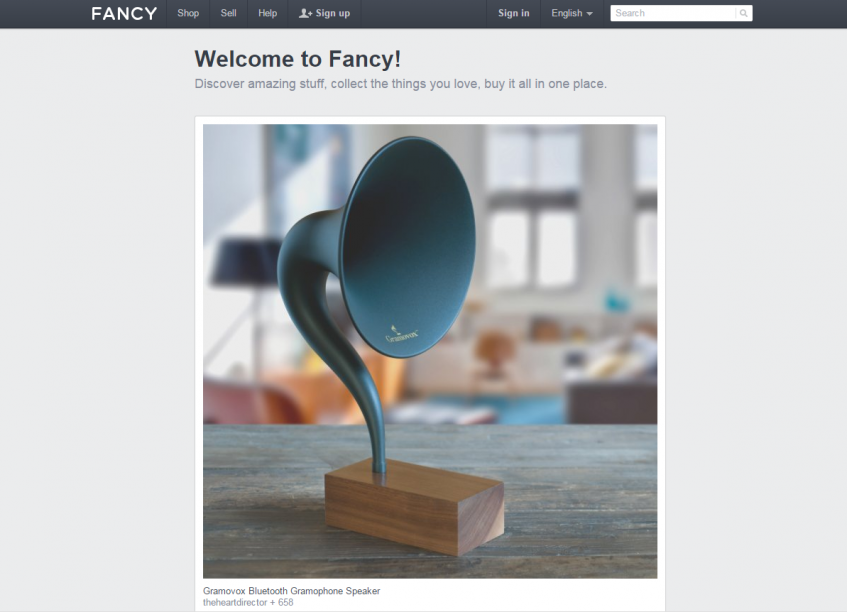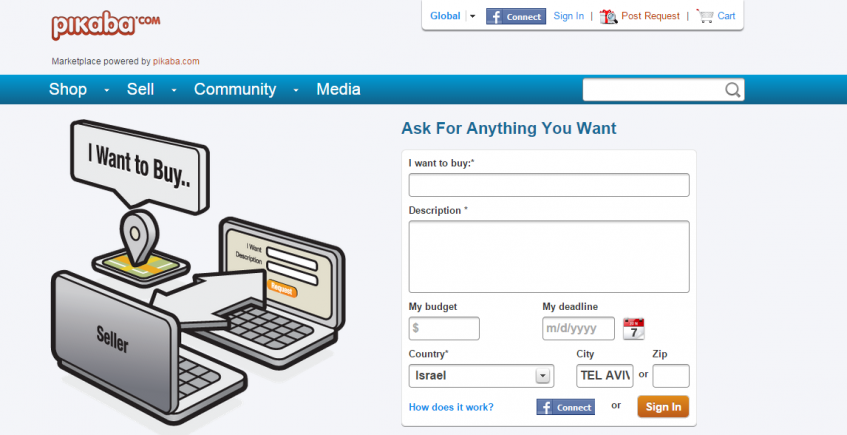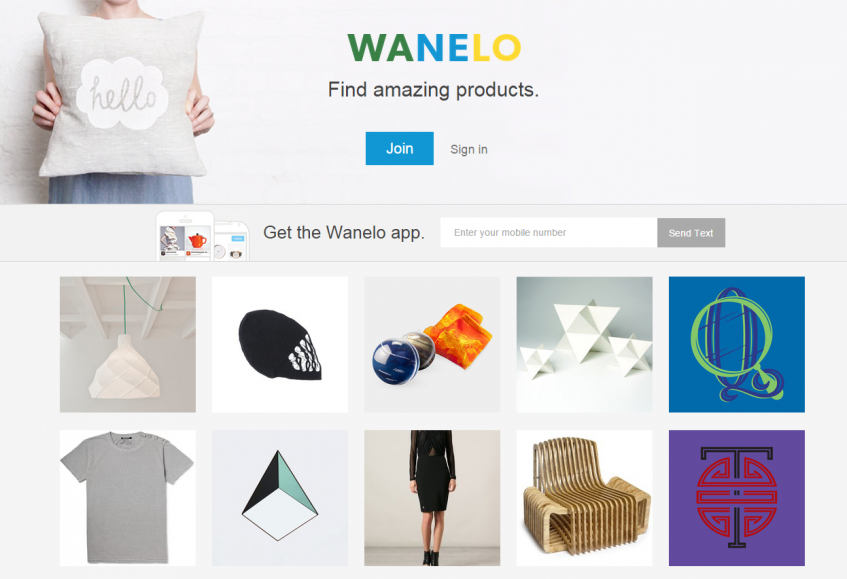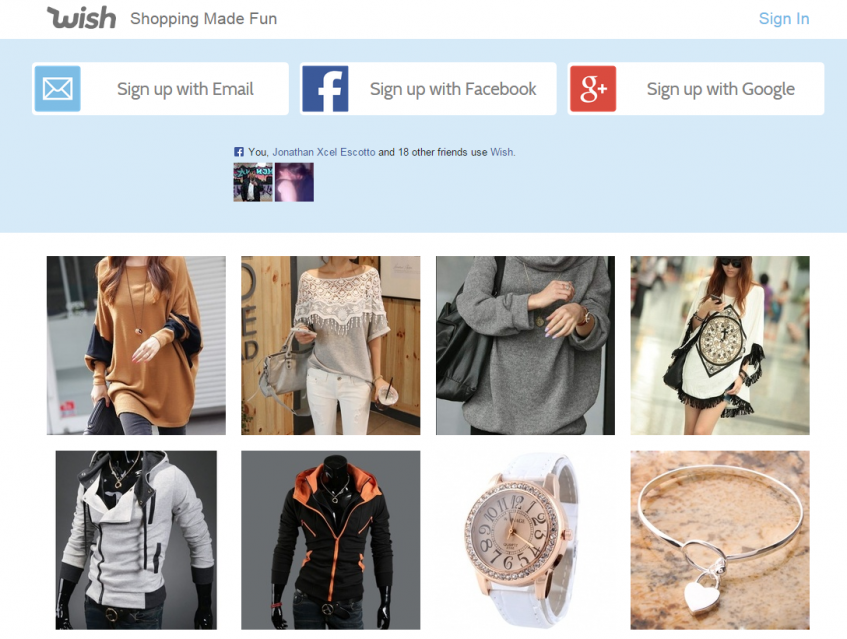
5 Social Marketplaces for Online Sellers
Social marketplaces promote interaction between merchants and their customers, and enable product discovery in a social environment where shoppers can rely on the influence of friends to help them make informed shopping decisions. Here are 5 social marketplaces you should consider selling on:
Addoway
Addoway is similar in style to Etsy, but more geared towards independent retailers. The site integrates with Facebook’s Social Graph, enabling users to recommend merchants and view their friends’ purchase history to see which items they’ve purchased and which sellers they’ve purchased from. Sellers can also link their social network accounts, offering buyers and inside look at the seller before making a purchase, thus increasing consumer trust and encouraging sales.
Fancy
Fancy is best known for offering trendy products ranging from fashion items to useful gadgets, housewares and novelty gifts. Similar in style to Pinterest, Fancy seems to have figured out the eCommerce part of liking and pinning products. When a user “fancies” a product sellers bid on who gets to sell the product or item. It doesn’t even have to be the exact item, but can be something simply similar to that product. This is a great way for sellers to gain insight as to which products sell best in various markets. Fancy even offers a full-spectrum logistics management solution- handling all aspects of order fulfillment on your behalf.
Pikaba
Pikaba works like a reverse auction. Instead of buyers bidding on products, consumers propose requests for products and merchants compete to offer their best price. Pikaba’s users can also provide advice on where to find an item or make recommendations about particular merchants. Merchants must register and pay a monthly fee ranging from $20 to $100 to participate on the site. In exchange for registration they receive an online store, lead generation, direct access to groups, and product reviews. They can also upload products from eBay or use data feeds.
Wanelo
Wanelo’s clever name is a mashup of three words that provide a pretty big clue about its mission: Want. Need. Love. The online community lets members share photos and information about products on their shopping wish lists or that they’ve already purchased. Think Pinterest, but with a focus on curated shopping. The site has over 12 million products posted by users from over 300,000 stores, including both large brands and independent sellers, like those found on Etsy.
Wish
Wish is a mobile shopping app that shows personalized items based on wishlists users have created or shared. It provides analytics reports including sales forecasts to businesses who list goods on it. Wish sends you daily emails letting you know how many orders you have waiting to be fulfilled. When you sell on item, your inventory is automatically updated. Wish takes a 15% commission. It also takes care of returns.
Do you sell products on social marketplaces we didn’t mention? Tell us in the comments below.





